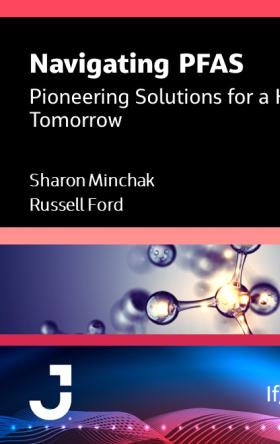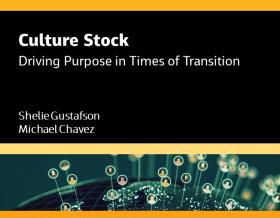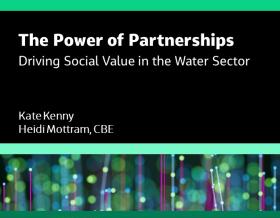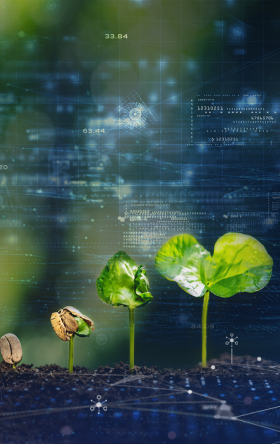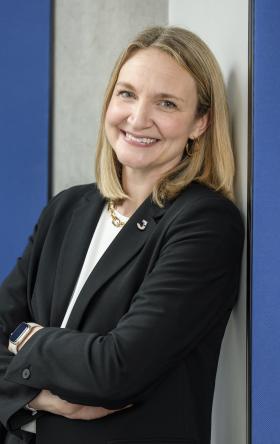Recovering Every Drop: The Many Benefits of Water Reuse
By Dr. Chandra Mysore, Jacobs Vice President and U.S. South Regional Lead – Water and Reuse

The upcoming 2023 WateReuse Symposium in Atlanta, Georgia is focused on the critical role that water reuse will play in the future of water management – and the many ways it benefits our communities and the environment.
The primary focus is, of course, on the ability of water reuse to address the impacts of climate change and create resilient local water supplies. Communities across the U.S. – and the world – are already embracing that benefit today. For example, LA Sanitation and Environment (LASAN) and Los Angeles Department of Water and Power (LADWP) have partnered on a major water reuse program and recently contracted Jacobs to be the progressive design-build contractor for the Donald C. Tillman Advanced Water Purification Facility.
However, there are other reasons why water reuse is an attractive proposition – and one is the ability to minimize or completely eliminate wastewater discharges to sensitive waterways. For example, we’re supporting a water utility in southern California with a water reuse program that’s designed to create a resilient local water supply and eliminate nutrient discharges to a protected creek.
This benefit of reducing wastewater volumes is particularly true at industrial sites, which often produce complex wastewaters and face stringent discharge regulations. It’s on this topic that I’ll be focusing at the WateReuse Symposium, where I’ll be sharing the findings of a zero liquid discharge (ZLD) study we conducted at an industrial facility.
Jacobs was contracted to develop a design for a new water reclamation facility to meet stringent discharge requirements for selenium and sulfate present in process wastewater. I’ll be presenting the results of a pilot study we conducted to evaluate the combined operational performance of ultrafiltration and closed-circuit reverse osmosis (CCRO) membrane processes, addressing strategies to control membrane fouling, concentrate treatment through a ZLD process, and criteria for incorporation into the design of the full-scale plant.
At Jacobs we recognize that all water has value, and while technologies that recover every last drop will not be necessary or feasible for every water reuse application, they represent an important OneWater solution as we respond to the world’s complex water challenges.
It’s because of this focus on innovative and collaborative water management solutions that we’re proud to be sponsoring the WateReuse Symposium again this year – and we look forward to seeing you there!
About the author
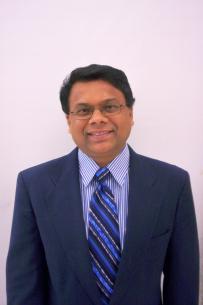
Dr. Chandra Mysore is Jacobs Vice President and US South Regional Lead – Water and Reuse. With 30+ years of experience in the environmental field, he’s held key positions in the private and public sector. His experience encompasses planning, piloting, design, construction, startup and commissioning of small to large water/wastewater reclamation/reuse and desalination facilities incorporating conventional treatment or advanced water treatment processes, including ozone, ultraviolet, membranes, and advanced oxidation. He has provided state-of-the-art solutions to clients like MF/UF treatment for drinking water, membrane bioreactor (MBR) for nutrient reduction, and RO for reuse and desalination applications. He has authored more than 100 technical papers and several book chapters. He is author and co-author of several chapters of the American Waterworks Association Manual M62: Membrane Applications for Water Reuse which focuses on direct and indirect potable reuse in the U.S. and around the world. At present, he is the Chair of AWWA’s Membrane Process and Research Committee.
